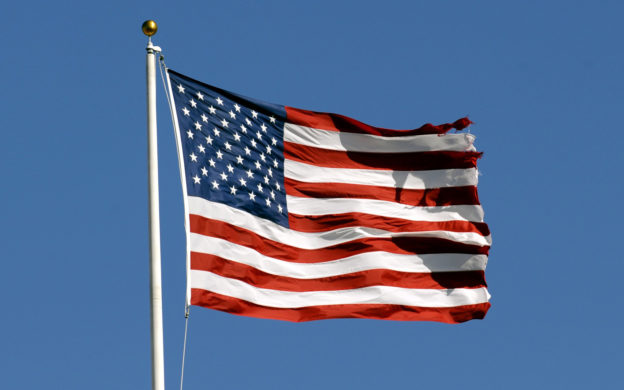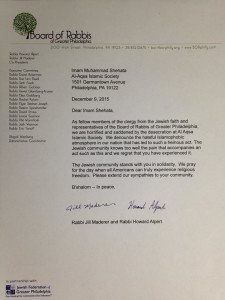No agreement is better than a bad agreement. On this both Benjamin Netanyahu and Susan Rice agree, and likely most of the rest of us. But unfortunately, the definition of a “non-bad agreement” appears elusive. And Mr. Netanyahu has dismissed the present agreement as thoroughly unacceptable despite the fact that the agreement is still being negotiated and we have not seen its details.
So, there is the back and forth, the shifting of the negotiations and terms, the use of sanctions and threats of sanctions, other options on the table, an established time line as opposed to open-ended non-proliferation. There are those who would like to impose sanctions; and nothing short of a permanent and complete dismantling of the Iranian nuclear program should be accepted. However, these talks seem to be aware of a dangerous pragmatic reality, namely, we cannot stop Iran from developing the technology of a nuclear bomb and ultimately a bomb itself. This seems to be the great unspoken bottom line. We can put it off but we cannot stop it completely. For those of us who question this assessment, look no further than North Korea.
So Prime Minister Netanyahu is making a “hail Mary” pass to the end zone. Unfortunately there is no one downfield able to catch the ball (please pardon the football analogy). This is the dawn of an era of a “nuclearized” Middle East. Iran’s inexorable march to the bomb likely means that an arms race will ensue with Iran’s neighbors seeking parity as a means of self-defense.
The question is not whether we can prevent Iran from having a weapon, or even for how long we might delay it. The real question is how to manage the world with a nuclear capable Iran?
That is the single strongest argument for integrating Iran into the world, for eliminating sanctions and bringing the West with its freedom of ideas and wealth to the people of Iran. The people and the government of Iran must view the West as an ally, not as a threat to the Iranian way of life, but that also means that Iran cannot be a platform to support terrorist activity around the world, dedicate itself to the annihilation of Israel and seek a dominant position exercising its influence in the Middle East and beyond. The existential threat understood by Israel needs to be defused while the Iranian hegemony of the Middle East is managed towards a peaceful coexistence with the West. This is no small task to say the very least. This is a very long road.
In many ways we have created and facilitated this monster. Can we now help Iran move toward next steps that make it counted among the community of nations and not our adversary? We need to acknowledge our part in the creation of present day Iran, from the assassination of their democratically elected leader, Mossadeq; installation of the pro-western Shah; instigation of a protracted Iran-Iraq conflict; incubation of radicals to fill a vacuum created once brutal dictators became vulnerable or were eliminated. Then we might understand them with the end goal of working with them.
By placing pressure on Iran, we have created economic pain, exacerbated by a collapsing price for oil, Iran’s primary of revenue. This can only take us so far before it begins to have the opposite of the intended effect by boxing them into a corner. Additionally, it is clear that the world contains bad players who would be prepared to help Iran to furthering its own self-interest despite the hopes of the West, even thwarting those hopes.
The United States cannot go it alone, nor can it impose its will around the world. An alternative where the participants understand the benefits of collaboration outweigh obstruction or undermining is vital in a world order that is undergoing a rapid metamorphosis. As of now, Germany, France, Great Britain, The United States, China and Russia, the “P5+1” group, is responsible for the negotiations with Iran. The agendas of each do not easily align with each other.
No deal is better than a bad deal. So lets finally talk about the right deal.











